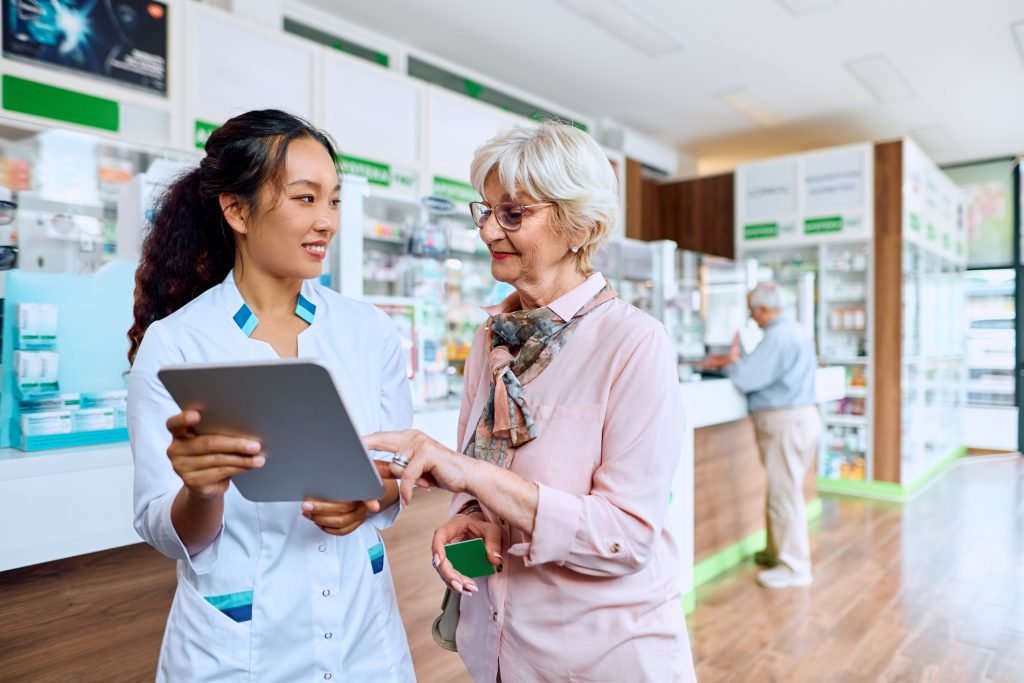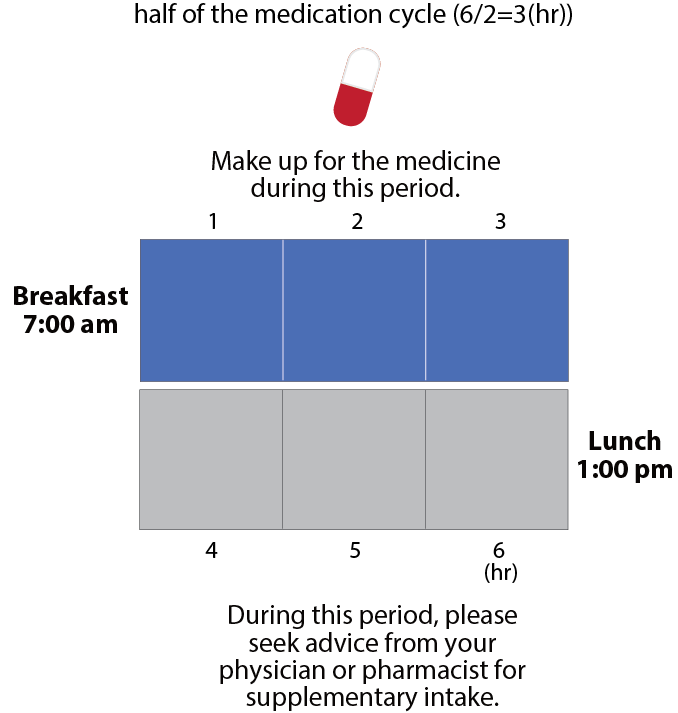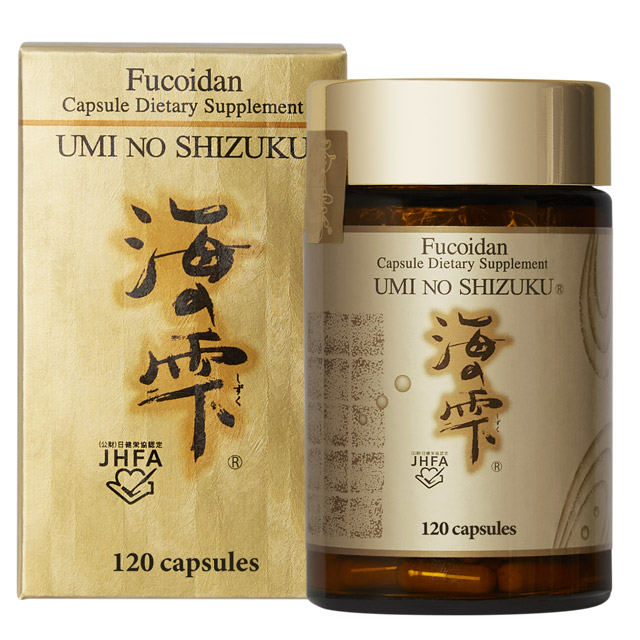Safe medication use: 3 key points to keep in mind


When we need to take medication due to illness, have you ever forgotten to take your medicine? Does it make a difference whether you take medicine before or after meals? We use medications to diagnose, treat, or prevent diseases, helping us live longer and healthier lives. However, medication errors can occur at any stage of the process, which not only reduces the effectiveness of the treatment but also poses various risks. Today, let’s explore 3 important tips for safe medication use, so that we can all improve medication safety together.
1. Why do some medicines need to be taken before meals and others after?
The timing of medication depends on factors like the characteristics of the drug, its side effects, absorption rate, and the time it takes to take effect. Typically, medications taken before meals are meant to improve absorption and reduce side effects, while those taken after meals help reduce stomach irritation and enhance absorption. Generally, it’s recommended to take medication 30 minutes to 1 hour before or after a meal, but some medications need to be taken with food, so it’s important to follow the instructions on the prescription label.

2. What should we do if we forget to take our medicine?
If you miss a dose, the first thing you should do is consult your doctor and follow their instructions. In some cases, you might need to double the next dose, or you may need to skip the missed dose entirely. Generally, if you miss a dose, most medications can be adjusted based on the “half of the medication cycle” rule to determine if a makeup dose is needed. For example: if a medication needs to be taken in the morning, afternoon, and evening with a 6-hour interval between doses, the halfway point of the medication cycle is 3 hours. If you forget to take your medication after breakfast, you can still make up for the dose within 3 hours.

3. How should we dispose of unused medication?
Do not dispose of leftover medication by throwing it in the trash or flushing it down the sink or toilet. For pills and capsules, remove them from their packaging, seal them in a plastic bag, and dispose of them with regular trash. For liquid medications, pour them into a sealable plastic bag containing tissues or coffee grounds to absorb the liquid, then dispose of the bag with regular trash. Special medications, such as insulin needles, cancer drugs, or antibiotics, should be returned to medical institutions or pharmacies for proper disposal. If the packaging of other medications contains recycling symbols, please follow government guidelines for waste sorting and recycling.
Can Umi No Shizuku Fucoidan be taken with prescription medicine?

Umi No Shizuku Fucoidan is a natural supplement extracted from Mozuku and Mekabu similar to the seaweed and mushrooms commonly found in our diets. Unless your doctor advises you to avoid seaweed and mushrooms, it’s safe for daily consumption. If you still have concerns, consult your doctor before taking Umi No Shizuku Fucoidan.
